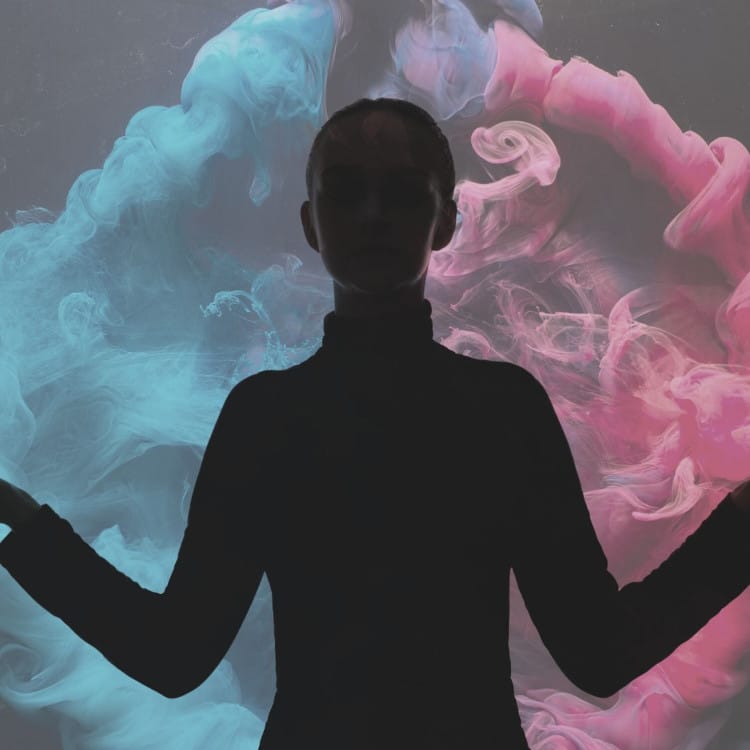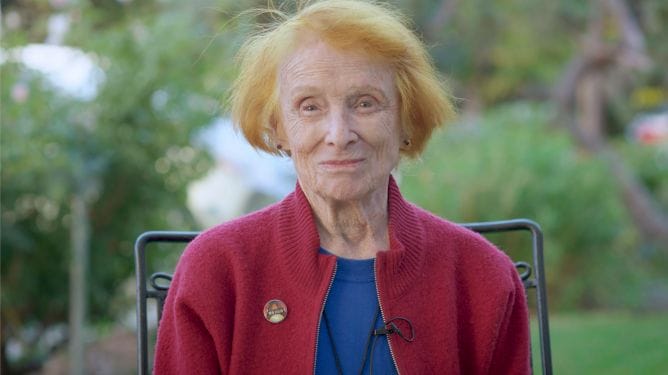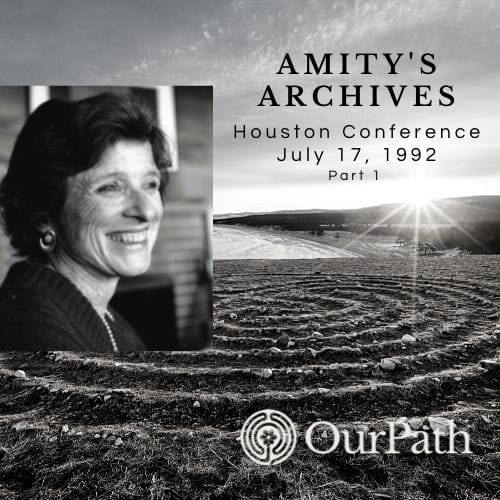A critical component of healing for Straight and Non-trans Partners is our stories, both sharing them and hearing them. We’ve created the Our Voices page to share our latest podcasts, our blog entries, and our new video content. No matter where you are on your journey–whether you are a just a few weeks post disclosure or several years out, whether you have left your partnership or are remaining in your Mixed Orientation Relationship–we look for community, healing, insights and growth in each other’s stories. Here we share our griefs, our triumphs, our traumas and our recoveries as we forge new paths forward.
NOTABLE QUOTES



Our Voices Podcasts
Podcasts
In this the final episode of the OurVoices Podcast, host Kristin Kalbli shares a little of the wisdom she’s accumulated over the years of producing this podcast and over a decade of learning and healing from her own experience in…
In this the final episode of the OurVoices Podcast, host Kristin Kalbli shares a little of the wisdom she’s accumulated over the years of producing this podcast and over a decade of learning and healing from her own experience in a mixed-orientation marriage. This final episode her gift to you —the loyal and mighty audience — in gratitude for your support, your attention, and your time over the last eight—yes, eight—years.
Stay in touch with Kristin:
Her book page: The Mercy Fake (Facebook)
Kristin’s Facebook: https://www.facebook.com/kristin.kalbli Instagram: @kristinkalbli Substack: https://substack.com/@kristinkalbli74 YouTube: https://www.youtube.com/@kristinkalbli7922
Finding Meaning in the Second Half of Life: How to Finally, Really Grow Up by Jungian analyst James Hollis: https://www.amazon.com/Finding-Meaning-Second-Half-Life/dp/1592402070

In today’s episode, Kristin obliges audience members who have wondered when she would finally tell her story. Her friend Angela Tonn, who had a front row seat to the implosion of Kristin’s marriage, joins her to turn the lens…
In today’s episode, Kristin obliges audience members who have wondered when she would finally tell her story. Her friend Angela Tonn, who had a front row seat to the implosion of Kristin’s marriage, joins her to turn the lens on Kristin and ask her the questions she normally asks other people on this show.
If you’d like to know where to find Kristin, check out the links below:
Friend her on Facebook: https://www.facebook.com/kristin.kalbli
Follow announcements about her book, The Mercy Fake: The Story of One Fake Marriage, Lots of Fake Orgasms, and the Search for What’s Real
Instagram: @kristinkalbli Substack: https://substack.com/@kristinkalbli74 YouTube: https://www.youtube.com/@kristinkalbli7922
You feel like you’re living in a nightmare and this couldn’t be happening to you as it only happens to the politicians wives.
You feel like you’re living in a nightmare and this couldn’t be happening to you as it only happens to the politicians wives.
You feel like you’re living in a nightmare and this couldn’t be happening to you as it only happens to the politicians wives.
Thank you Kristin for telling us your story. A very difficult story to re-live in telling us. I am so sorry you lived thru that experience and pain, Your sincere heart, calm voice and succinct explanation of straight spouses’ situation has helped me navigate my marital relationship the past few years. Thank you so much for being you.
Kristin here. Thank you, Matt, for your kind words. I really do appreciate hearing from people that the podcast has helped them. So thank you for listening and letting me know that it helped you too.
Thank you so much for sharing your story. It was so helpful for me – there were many ‘OMG – this is me’ moments
I love Angela’s humour – everyone needs a friend like Angela
Thank you so much for sharing your story. It was so helpful for me – there were many ‘OMG – this is me’
I love Angela’s humour – everyone needs a friend like Angela
You outdid yourself, Kristin! It made me want to probe my own experience in a way I have not yet been able. Thanks so much!
Your email address will not be published. Required fields are marked *

Irina’s discovery of her husband’s sexuality started from accidentally finding a social media account in a locked folder on his phone. Not thinking much of it at first, she enquired him about it, and he burst into tears and…
Irina’s discovery of her husband’s sexuality started from accidentally finding a social media account in a locked folder on his phone. Not thinking much of it at first, she enquired him about it, and he burst into tears and said, “I think I am bisexual.” He then shared the account and the rest of his private folder – the contents of which clearly indicated he was attracted to men, as well as women.
While feeling betrayed by his withholding such an important piece of information throughout their marriage, she was also impressed by his honesty in sharing his thoughts and emotions during the early weeks and months following the disclosure. She approaches her post-disclosure marriage as a new relationship—one with someone she knows has many good qualities, but whom she is still getting to know.
Your email address will not be published. Required fields are marked *
Straight Talk Blog
Straight
By Kristin Kalbli The character Ted Lasso is, in my opinion, a delightful pop sage of our times, and one of his most impactful platitudes is undoubtedly, “be curious, not judgmental.” Observing that he had been misjudged his whole…

By Kristin Kalbli At OurPath, we know that when June rolls around each year, many straight spouses struggle. It’s not news that June is internationally celebrated as LGBT+ Pride month. What began as a righteous and necessary protest march…

By Ellen Koretz Ah, pronouns, those vexatious little words. English lacks a widely-accepted gender-neutral singular pronoun, although it sure could use one. My former spouse – now, there’s a nice, gender-neutral word – has come out as transgender. I…
our path videos
path videos
Founder Amity Pierce Buxton welcomes you to OurPath, formerly known as the Straight Spouse Network. Watch to learn about our organization’s recommitment to our founding mission.

Amity Pierce Buxton gives a seminar in Houston, Texas in the 1990s about her research into the Straight Partner experience.

Part Two of Amity Pierce Buxton’s seminar in Houston, Texas, 1990s.


Thank you Thank you Thank you 🙏
Some great quotes, and lot of encouragement for our Life Part 2! Thank you so much, Kristin.
Hi Kristin!
I’m not a cryer. But I sat in my sunny sun room and listened to you, with tears in my eyes.
I have come to realise the loveliness of me slowly and with your help. So, thank you.
Best wishes for many open doors to you.
Thank you, Marlene. Let ALL the sunlight in!
Hi Kristin!
I’m not a cryer. But I sat in my sunny sun room and listened to you, with tears in my eyes.
I have come to realise the loveliness of me slowly and with your help. So, thank you.
Best wishes for many open doors to you.
Hi Kristin!
I’m not a cryer. But I sat in my sunny sun room and listened to you, with tears in my eyes.
I have come to realise the loveliness of me slowly and with your help. So, thank you.
Best wishes for many open doors to you.
Thank you so much for your determination and commitment to making the OurVoices podcast a reality, and be such a success. Nothing like this has ever been produced for “us” before. I noted how useful it is to new people to our local group, and that’s why I put my story out there with you. You’re one in a million Kristin !
Thank you for your constant support David! It really, really helped keep me going to have a few voices like yours providing a little encouragement for me as well.
Your email address will not be published. Required fields are marked *